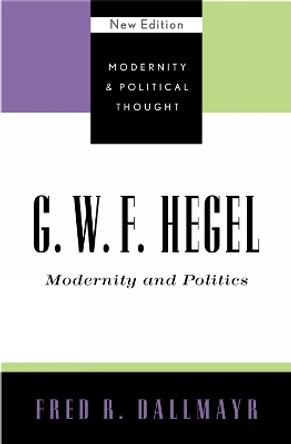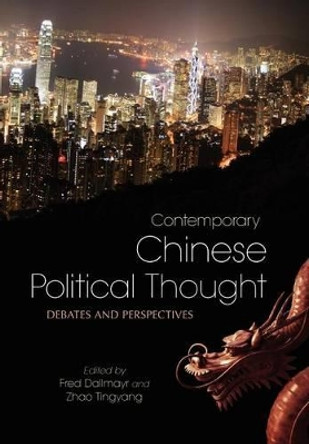In this book Fred Dallmayr, one of the progenitors of comparative political theory, lays the groundwork for a new understanding of modern democracy. Dallmayr rejects the idea that democracy is a stable system that develops primarily through its horizontal spread; most expressly, he rejects the idea that democracy can be fostered through regime change and the unidirectional transfer of concepts of popular sovereignty and the public good from the West to autocracies. In fact, he argues that a major danger in modern history has been the tendency of Western leaders to appeal to the "will of the people". The "people" are not a fixed entity, and by invoking it, for example via militant populist movements, we go down the road to totalitarianism, messianism, or millenarianism. Rather than traveling horizontally from one society to others, democracy must be relational. Democracy to Come argues that democracy has to be nurtured by different societies and cultures from within, with their own resources. In order to provide a model of his vision of democracy, Dallmayr challenges the dominant liberal conception anchored in egocentrism, voluntarism, and individual or collective self-interest, and draws from ideas of modern democracy in Latin American / Christian, Middle Eastern / Muslim, Chinese / Confucianist, and Indian / Hindu societies. In turn, the book asserts that democracy can never be a finished project, but will always be about its potential, a democracy to come. It is only in this manner that a general global "ecumene" can come into being. This will be a cosmopolitan community governed not by one force, psychology, theology or society, but by the spirit of equality.
About the AuthorFred Dallmayr is the Packey J. Dee Professor of Philosophy and Political Science at Notre Dame University. He is the author of thirty books and editor of eighteen books, including (most recently) Integral Pluralism (Kentucky, 2010), Return to Nature (Kentucky, 2011), Border Crossings (Lexington, 2013), and Being in the World (Kentucky, 2013).
ReviewsAmong other things, Dallmayrs book seeks to reestablish the central importance of equality in democratic thought, offering a critique of liberalism linked to much democratic theory... His understanding that democracy is a process rather than a goal to be achieved is surely correct; and his use of this as a lens to understand cross-cultural democratic theory is a significant, very-much-needed, optimistic point of view. * P. R. Babbitt (Southern Arkansas University), Choice Reviews Vol 55. *
Book InformationISBN 9780190670979
Author Fred DallmayrFormat Hardback
Page Count 192
Imprint Oxford University Press IncPublisher Oxford University Press Inc
Weight(grams) 340g
Dimensions(mm) 140mm * 211mm * 23mm







